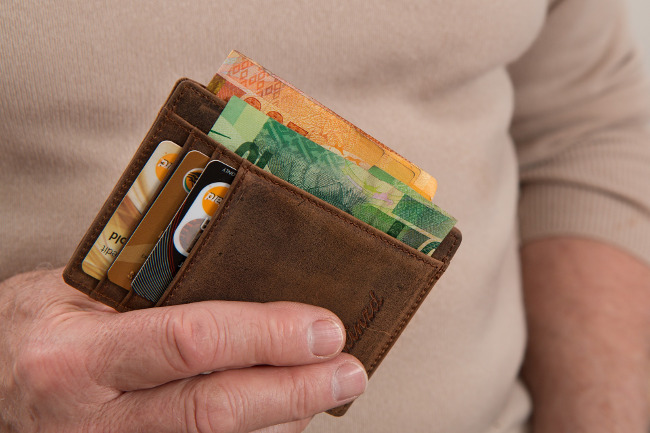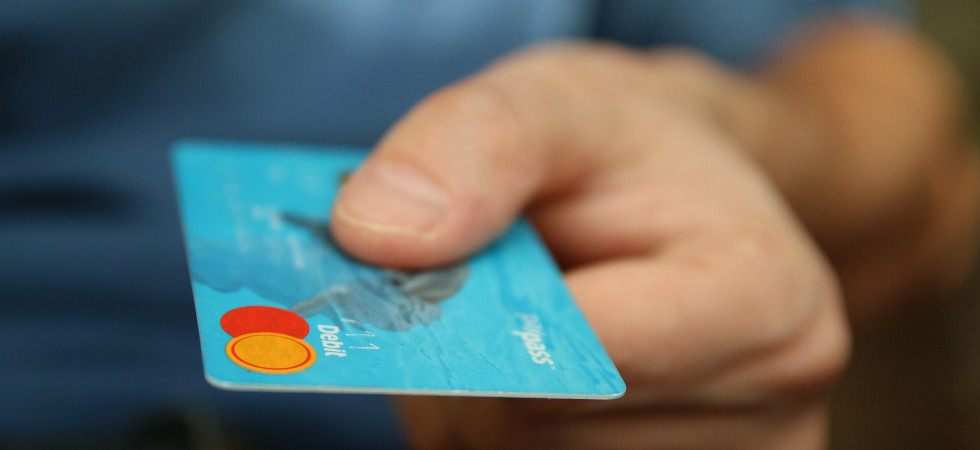There are many decisions to make when planning your next luxury getaway – from the destination, to the hotel, and of course what to pack in your suitcase. But another important consideration that is often overlooked is how you’re going to carry your holiday money.
Luxury holidays often involve splashing the cash, so if you’re planning on spending big this year then it’s important to ensure you carry your money safely. There are various ways to pay for items while in another country, but the breadth of choice can make it difficult to decide what the best option is for you. One of the oldest and most secure options of travel money is travellers’ cheques – but are they still a practical choice?
Some people would argue that prepaid, debit, and credit cards have completely replaced the travellers’ cheque, but the truth is they are still used in some places in the UK. Although they are not the cheapest means of carrying money when travelling overseas, some people still prefer them to other options due to their safety. So should you be considering them for your next trip?

Travellers Cheques: The Pros and Cons
Perhaps one of the methods that offers the greatest peace of mind while travelling, travellers’ cheques have an advantage over other means of carrying money as they can be replaced if lost or stolen, ensuring that you never find yourself without funds to see you through your trip, even if the worst should happen. Travellers’ cheques also come in handy when you are travelling to a place without many ATMs – just as long as you ensure that there are currency exchanges or banks that will cash your cheques whilst you’re there.
On the other hand, the main disadvantage of travel cheques is that not everywhere accepts them. As they are no longer as widely used as they once were, with most travellers now opting to take debit and credit cards instead, you may find that even the shops and restaurants that do accept them have trouble correctly validating them, as employees are unlikely to encounter them often and so may not know what to do with them. Of course, there is also a fee to purchase travellers’ cheques in the first place, and though it is usually minimal, even tiny charges can add up fast on a long trip.
Other Travel Money Alternatives
If travellers’ cheques aren’t for you, then rest assured that there are plenty of other alternatives to you for carrying money on your next trip abroad – and often, these can be both cheaper and more practical than the more traditional choice. Most can now be used in any country without issue – here’s what you need to know.

1. Cash
Perhaps one of the most popular options today due to the fact that cash is accepted almost everywhere, cash is in many ways a practical choice. No one charges a fee to accept a cash payment, unlike with credit or debit cards. Not only that, but everyone knows how to use it! On the other hand, it is usually the least safe option when it comes to travel money, as if it is lost or stolen, it is considered to be gone forever. This is in contrast to a card or travellers’ cheque, so be sure to guard your cash carefully if you decide to use it during your next getaway. And don’t forget, cash requires you to exchange your country’s currency for the legal tender used in the nation you are visiting, which can take both time and money.
2. Cards
With credit and debit cards now more widely accepted than ever before, they are fast becoming a top choice for travellers, and are another practical choice. This option does not require you to exchange money each time you visit a new country, which saves on both time and exorbitant exchange fees. Also, most card companies offer some sort of protection in case of loss or theft, which means that you are unlikely to lose money should you find yourself in such a situation.
Even so, there are still plenty of places that do not accept card payments – particularly if you’re buying from street and beach vendors, which is often the case while on holiday. The places that do accept them will sometimes charge a small fee, and the anti-fraud security measures that are in place could potentially see you barred from using the card if you neglect to let your bank know that you will be travelling, as if unusual transactions are made, your creditor may assume your card has been stolen.

3. Pre-Loaded Cash Cards
Another way to finance your holiday is through cash cards, which are used in cash machines to take out money as and when you need it. There are many international cash machine networks in operation where you can use your cash card when you visit another country, and it’s a great way to finance your trip or holiday spending as you can withdraw it bit by bit – rather than carrying wads of cash around with you and putting yourself at risk.
There is always one pitfall, however, and in this case it is that a small fee is charged for each withdrawal.
To find out more about how to get the best out of your holiday money, take a look at this in-depth travel money guide from Lending Expert.
Always consider the pros and cons before you start planning your next getaway, as it’s a really helpful way of getting organised and budgeting correctly for your trip. Of course, you can always bring a mixture of options to see which works best for you – and it’s often the most secure way of all to ensure that you never find yourself in a tricky situation and without your hard-earned funds.






















